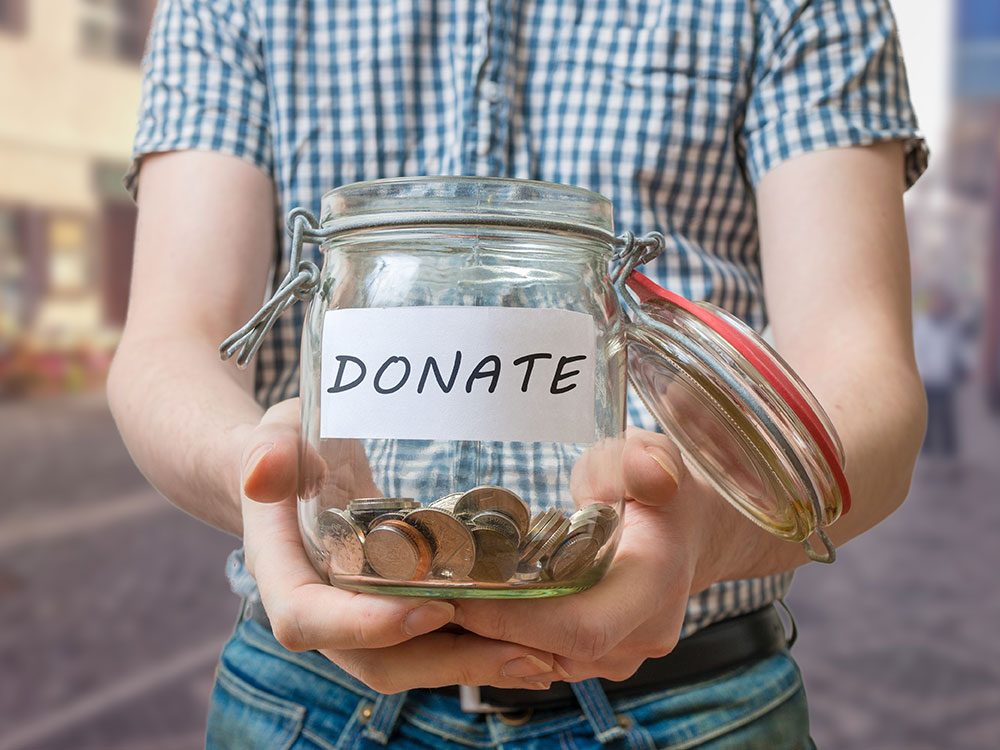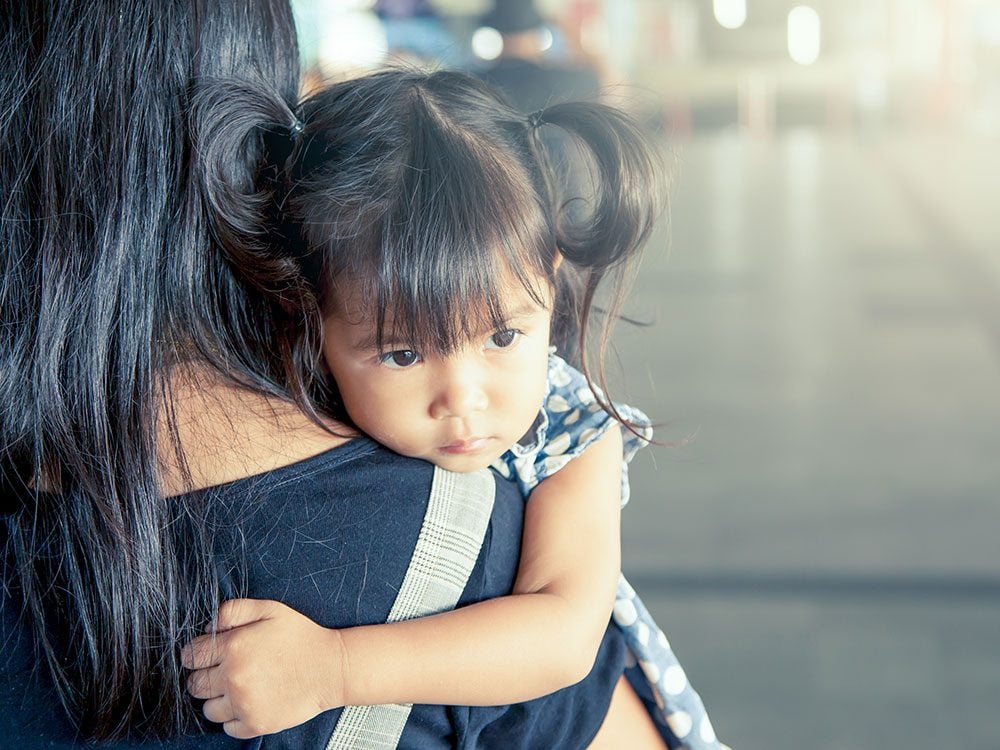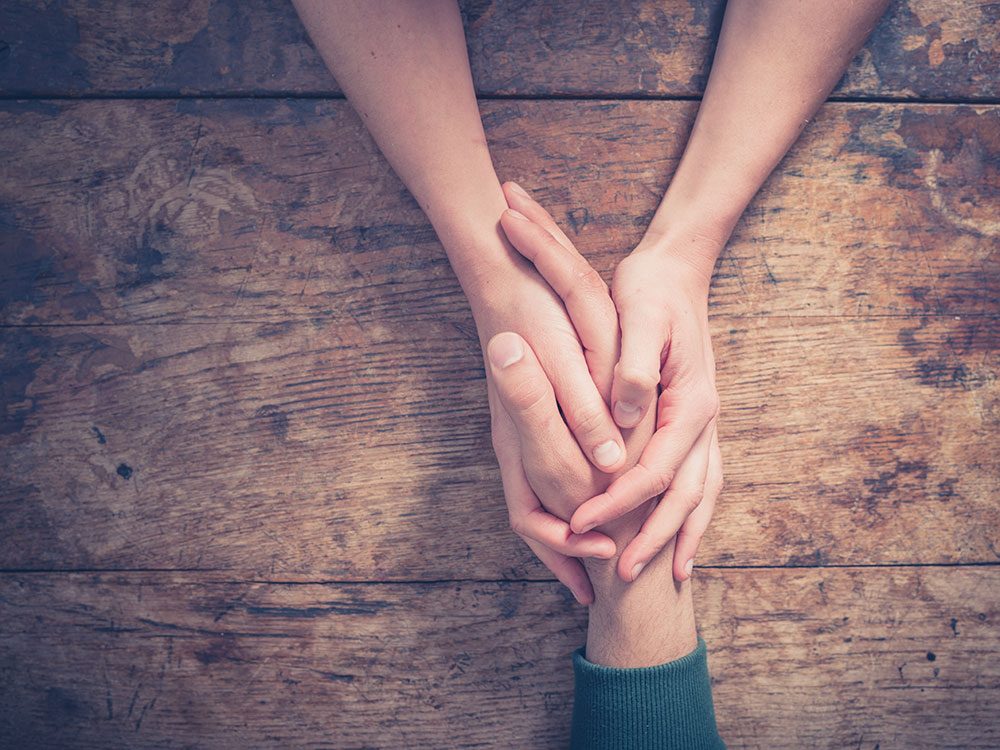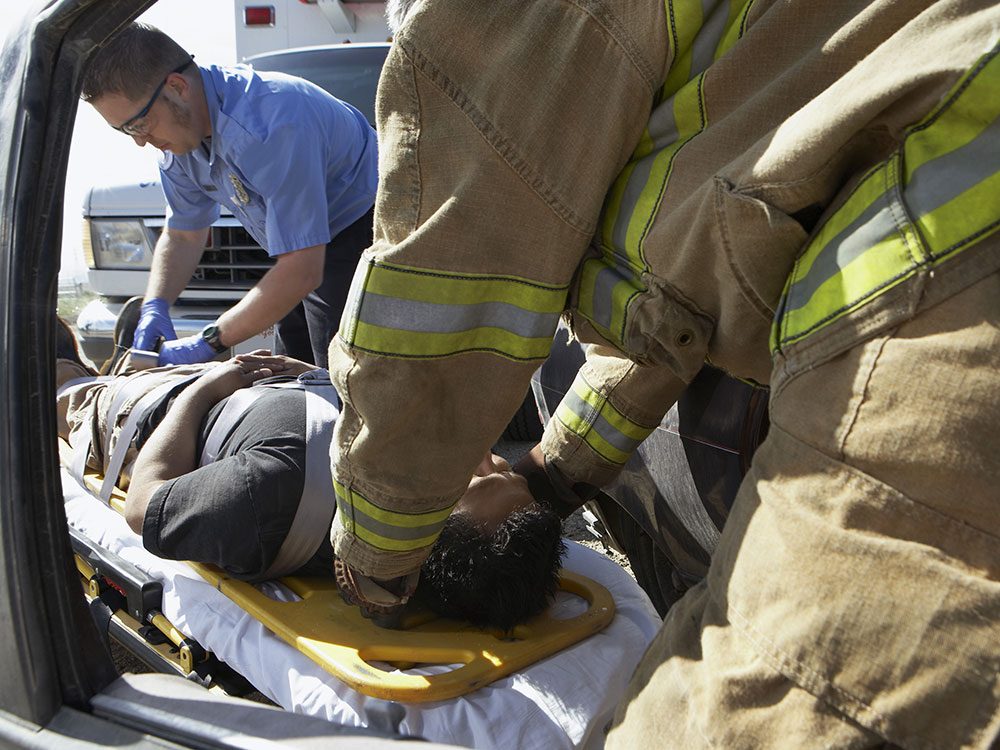
Identify ways you can help
Thanks to the 24-hour news cycle and social media, we’re constantly inundated with horrific headlines, painting vivid pictures of pandemics, death and destruction. But aside from offering “thoughts and prayers” and feeling helpless, what can we do?
As the 19th-century American orator Robert G. Ingersoll said, “The hands that help are better far than lips that pray.” Getting upset by reading the news will not change the world around us; change requires action. Use your strong emotional response to those headlines as motivation to explore means by which you can make a difference to those affected by catastrophe. Can you make a donation in the form of time, money or resources? What kind of aid is needed—not just in the immediate response to the crisis, but in the long-term as well?
Keep in mind, helping can only be healthy once you realize you can’t rescue everyone who’s suffering. Even the most effective activists achieving the greatest change only do so by focusing on a specific issue. Don’t beat yourself up for feeling motivated to help one group of victims over another.

Identify ways you can help yourself
According to Buddha, “If your compassion doesn’t include yourself, it is incomplete.” Developing and practicing compassionate emotional first-aid is an important part of self-care. When you have heard, watched or read distressing news, it’s easy to fall into a rabbit hole, follow the related links, read the incendiary comments and allow that distress to snowball until you feel physically sick. Alternatively, you could acknowledge this pattern, take a breath and invest your attention elsewhere. Try to lose yourself in a good book, or call up that friend who always makes you feel warm and comfortable. Develop a habit of regular meditation, physical activity and journaling—documenting your feelings by putting pen to paper. It’s a valuable practice that allows us to see the structure of our thoughts and ultimately, edit our thinking—an integral part of shifting our perspectives.
Brush up on the benefits of daily meditation.

Check the facts
When we read a horrific news story online, we all too rarely stop to ask ourselves who’s doing the reporting. Is it a reputable and reliable news source? Can you fact-check it against other credible sources? We often have a knee-jerk reaction to share news that reaffirms our own hopes, fears and belief systems without cross-referencing them for accuracy. For the sake of your own mental health (not to mention the well-being those around you), it’s important to develop a critical eye when it comes to evaluating news sources—especially before you decide to contribute to their reach by sharing them on your social media channels. Remember: Truth is the story that emerges from joining the facts. The more facts you have, the closer you are to the truth of the matter.
Make sure you never share this on social media.

Look at the bigger picture
If you feel yourself becoming overwhelmed with bad news, try putting the story you’ve just read or the footage you’ve just watched into some form of context. Look for statistics and historical perspectives that help establish the big picture instead of focusing on the gruesome details of the moment.
In an interview with the Washington Post, Harvard psychologist Steven Pinker advocates this “big picture” approach as a healthy way to process terrible news:
“If you arrived in a new city and saw that it was raining, would you conclude, “The rain has gotten worse”? How could you tell, unless you knew how much it had rained before that day? Yet people read about a war or terrorist attack this morning and conclude that violence is increasing, which is just as illogical. In fact, rates of war have been roller-coastering downward since 1946.”
In other words, there is often comfort to be found in establishing context.
Here are three ways to be more thankful every day.

Disconnect
It’s hard, but sometimes you’ve just got to step away from the smartphone. An important strategy in coping with bad news is to limit your exposure—and that often means disconnecting. It doesn’t mean you don’t care; it’s more about ensuring balance, and giving yourself (and not just your phone battery) the opportunity to recharge. There’s still a great deal of kindness in the world, and you’re more likely to experience it in a meaningful way firsthand than you are through a screen.
Having trouble disconnecting? Here are 10 tips for quitting social media (and why you should).

Understand the difference between sympathy and empathy
Although we often see these words used interchangeably, they have significantly different meanings. A sympathetic response to a catastrophe would be, “I understand your pain.” The empathetic response, on the other hand, would be, “I feel your pain.” Empathy spent indiscriminately can burn us out, and even lead to depression. This is not an attack on empathy, as much as it is a warning of the toll it can take on your mental health. Instead, try to cultivate what professor Paul Bloom of Yale University describes as “compassionate sympathy.” Bloom characterizes compassionate sympathy as “feelings of warmth, concern and care for the other, as well as a strong motivation to improve the other’s well-being.” According to Bloom, “Compassion is feeling for and not feeling with the other.” In the long run, it’s a healthier emotional response to the problems we see in the world around us.
Learn to spot the symptoms of generalized anxiety disorder.

Look for the helpers
Fred Rogers—also known as TV’s Mr. Rogers to several generations of North American schoolchildren—once recalled his own lesson in coping with upsetting news:
“When I was a boy and I would see scary things in the news, my mother would say to me, ‘Look for the helpers. You will always find people who are helping.’”
Focusing on the everyday people who show extraordinary courage and kindness in rushing to the scene of a disaster can reaffirm your faith in humanity. In the face of every terrible tragedy, there are heroes whose stories deserve to be elevated. Given that our narratives affect the way we feel, it’s important to give these people—and not the “bad guys”—your attention.
Take inspiration from these random acts of kindness.

Watch your vocabulary
When discussing distressing news with your friends and colleagues, it’s important to avoid hyperbole. Why? Studies have actually shown the language you use to describe something actually changes your perception of events. In effect, you might be creating a mountain out of a molehill simply through your choice of words. This is where things threaten to snowball. Watch for words that generalize (like “Always” or “Never”), and try to resist broad sweeping statements like, “People are monsters,” or “The world is a horrible place.” The more you use this type of language, the greater the likelihood these feelings will take root in your mind and shape your worldview.
Next, check out 10 mental health podcasts worth adding to your playlist.